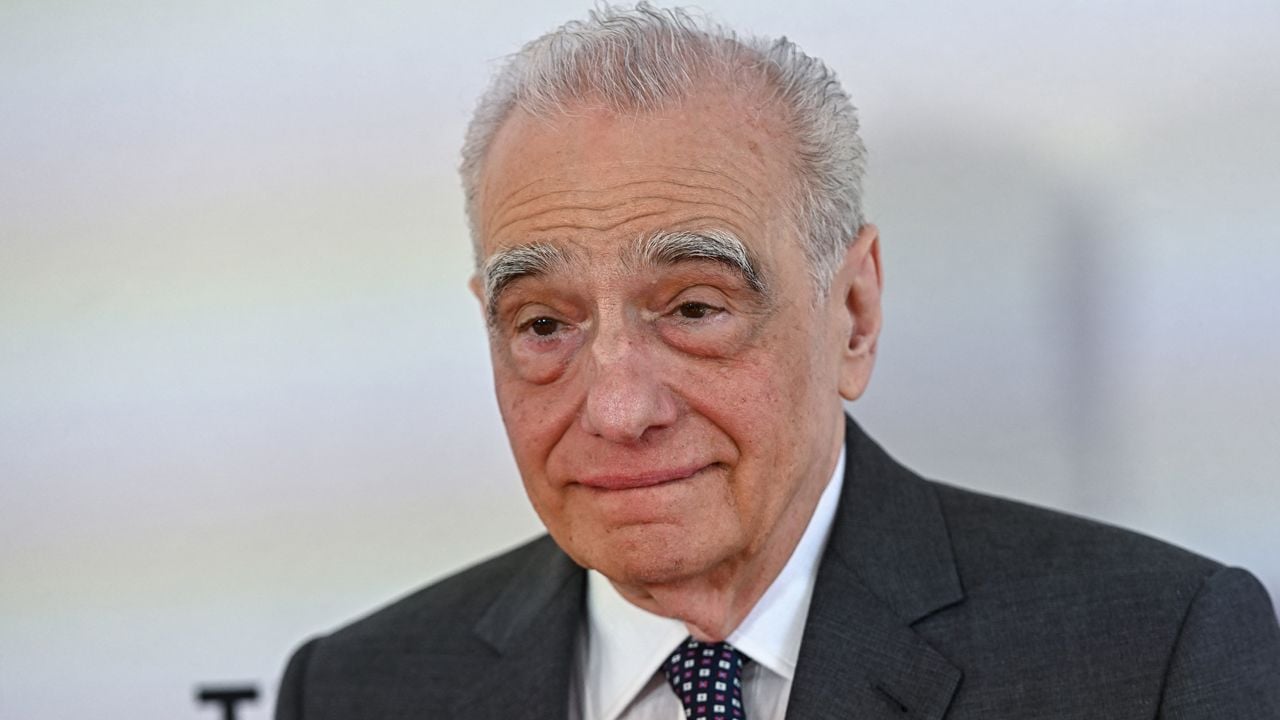Long is a sharp study of the decadence of the upper class, in which physical humor and absurdity reveal the emptiness of capitalism through the inventive lens of South Korean Park Chan-wook
No Other ChoiceSouth Korea’s candidate for the 2026 Oscar and presented at the 49th São Paulo International Film Festival, is further proof that South Korean cinema is connected to trends in the contemporary world and is capable of reinventing itself and remaining creative after the phenomenon Parasitefrom Bong Joon-ho.
In his new film, Park Chan-wook (The Maid) resumes his mastery of exploring ambiguous morality and social tension, this time focusing on the decadence of the upper class in the face of savage capitalism. The despair of the protagonist, a man who has an apparently perfect life and ends up being fired, turns into a scathing study on status, appearances and the fragility of comfortable lives.
The narrative follows Man-su (Lee Byung-hun, Round 6) as his dream life falls apart. A papermaking specialist with 25 years of experience, he leads a life so full that he can say to himself, with conviction: “I have everything I need”. Next to his wife, Mi-ri (Son Ye-jin, Landing in Love), his two children and his dogs, he lives happy days, until he is surprised by the news that he was fired.
The shock is devastating, but Man-su He promises himself that he will find a new job in three months for the sake of his family. However, the reality turns out to be much more complicated. Despite his determination, he spends more than a year jumping from interview to interview and supporting himself with a job in commerce.
Before long, he begins to run the risk of losing the house he fought so hard for. In desperation, he appears unexpectedly at Moon Paper to deliver his CV, but ends up humiliated by the manager. Convinced that he is more qualified than any candidate to work at the company, Man-su makes a drastic decision.
With sharp humor, No Other Choice shows how far this man is willing to go to maintain his comfortable position in society and get the job he so desires: killing his main competitors for the job — this can be seen as a spoilerbut the important thing is the way in which park develop everything. The murder scenes, exaggerated and clumsy, recall the best of South Korean cinema — and also the Fargo — in this comedy of errors that balances absurdity and tragedy. Each stumble, blow or physical collision reinforces the feeling of chaos, transforming despair into tragicomic and fun moments — highlighted by a sequence in which three characters fight for a weapon while the music is super loud.
Lee Byung-hun dominates the screen with a mix of desperation, nervousness and impeccable comic timing, while park observes the family’s every gesture with surgical precision, building a portrait of the morally vulnerable elite, obsessed with status and unable to deal with their own decadence. The director’s look at this family dynamic adds density to the plot: the wife lived by Son Ye-jin appears as a sensitive counterpoint to her husband’s obsessions, while the youngest daughter, talented on the cello, reveals the emotional fragility of the house by lamenting the absence of the family’s dogs — calm down, reader, they just went to live with their grandparents.
The film keeps the viewer on their toes by balancing physical humor with this everyday tragedy. Each scene reinforces the contrast between the characters’ illusory comfort and the collapse that surrounds them. The social observation is incisive, but never moralistic, revealing that the emptiness of the upper class can be, through the lens of parksimultaneously cruel and funny. Even without resorting to the extreme violence that marked the director’s previous works, No Other Choice does not lose intensity. The visual identity that the director imprints, whether in the framing or in the meticulously thought out cuts, amplify the tension of the characters and the urgency of the events.
It is worth mentioning the similarity of this South Korean tape to that of a neighboring Japanese one. Although they come from different contexts, both Cloud – Cloud of Revengefrom Kiyoshi Kurosawa (The Cure), as No Other Choice They share a moral and emotional decay caused by survival in societies obsessed with status and profit. Both Kurosawa as park they film characters who, faced with the collapse of their worlds, become specters of themselves — trying to maintain control over something that no longer exists, be it financial stability or their own sense of humanity.
Se Kurosawa observes this ruin with clinical coldness, park turns it into a tragicomedy. Basically, both films are about the same collapsing societies — and the last scene of No Other Choice makes this clear — where competition has suffocated any trace of solidarity. What was once the exception — selfishness, despair, violence — has become the rule: symptoms of an increasingly savage capitalism.
At the end, No Other Choice leaves a lasting impression: there is no redemption, just the frantic and limitless effort to preserve appearances. It is a precise study of this decadence and social pressure packaged with a sharp humor that confirms Park Chan-wook as one of the most inventive and sophisticated filmmakers in contemporary cinema.
READ ALSO: 49th São Paulo Film Festival: Follow Rolling Stone Brasil’s coverage
-
49th São Paulo International Film Festival
-
criticism
-
Lee Byung-hun
-
No Other Choice
-
Park Chan-wook
Source: Rollingstone
Emma Jack is a writer at Gossipify, covering fashion, beauty, lifestyle, and pop culture trends. She stays current on the latest trends and offers readers up-to-date information on what’s hot in the industry. With a background in fashion journalism from Parsons School of Design, she offers a unique perspective and analysis of current trends.

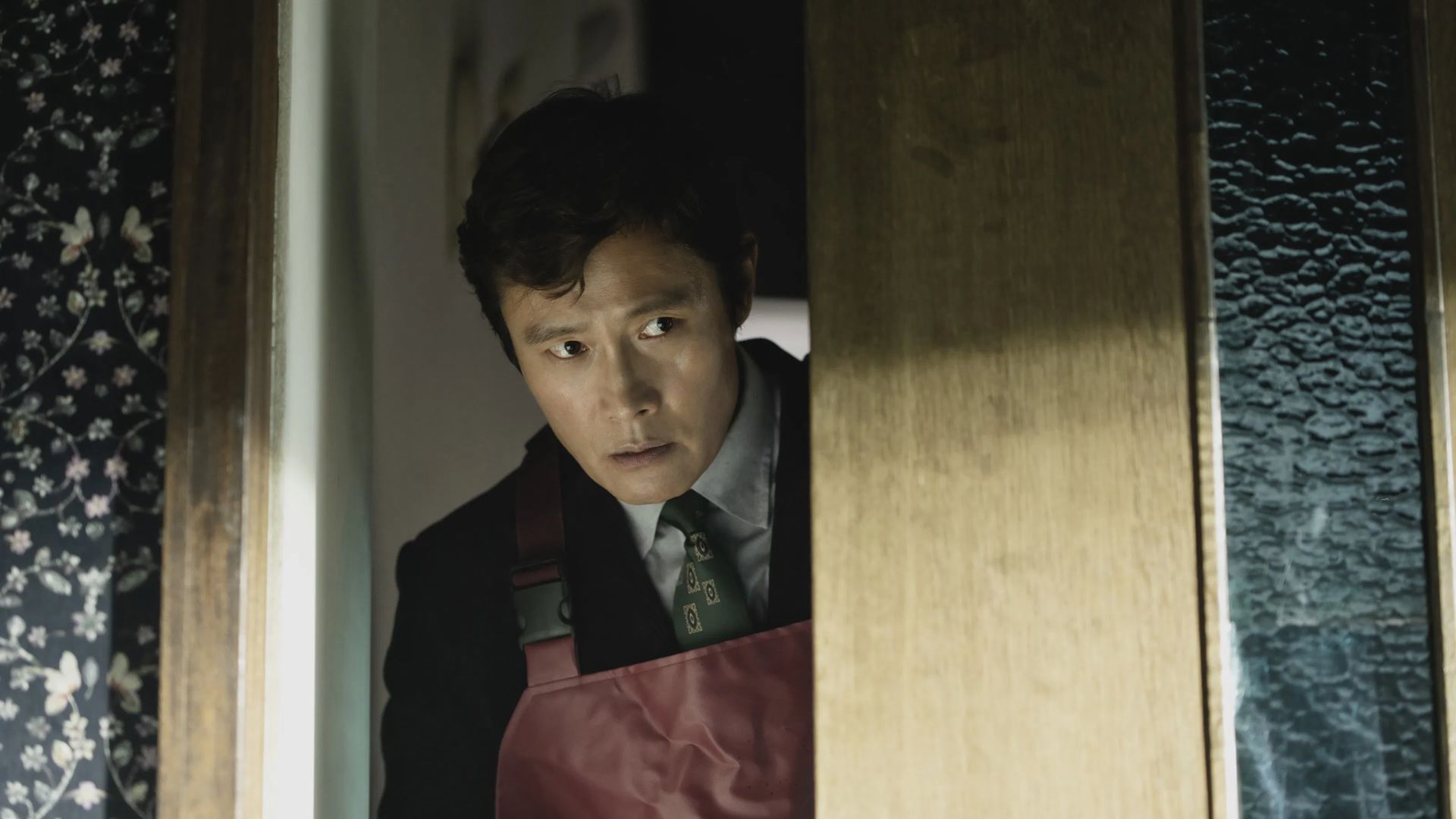

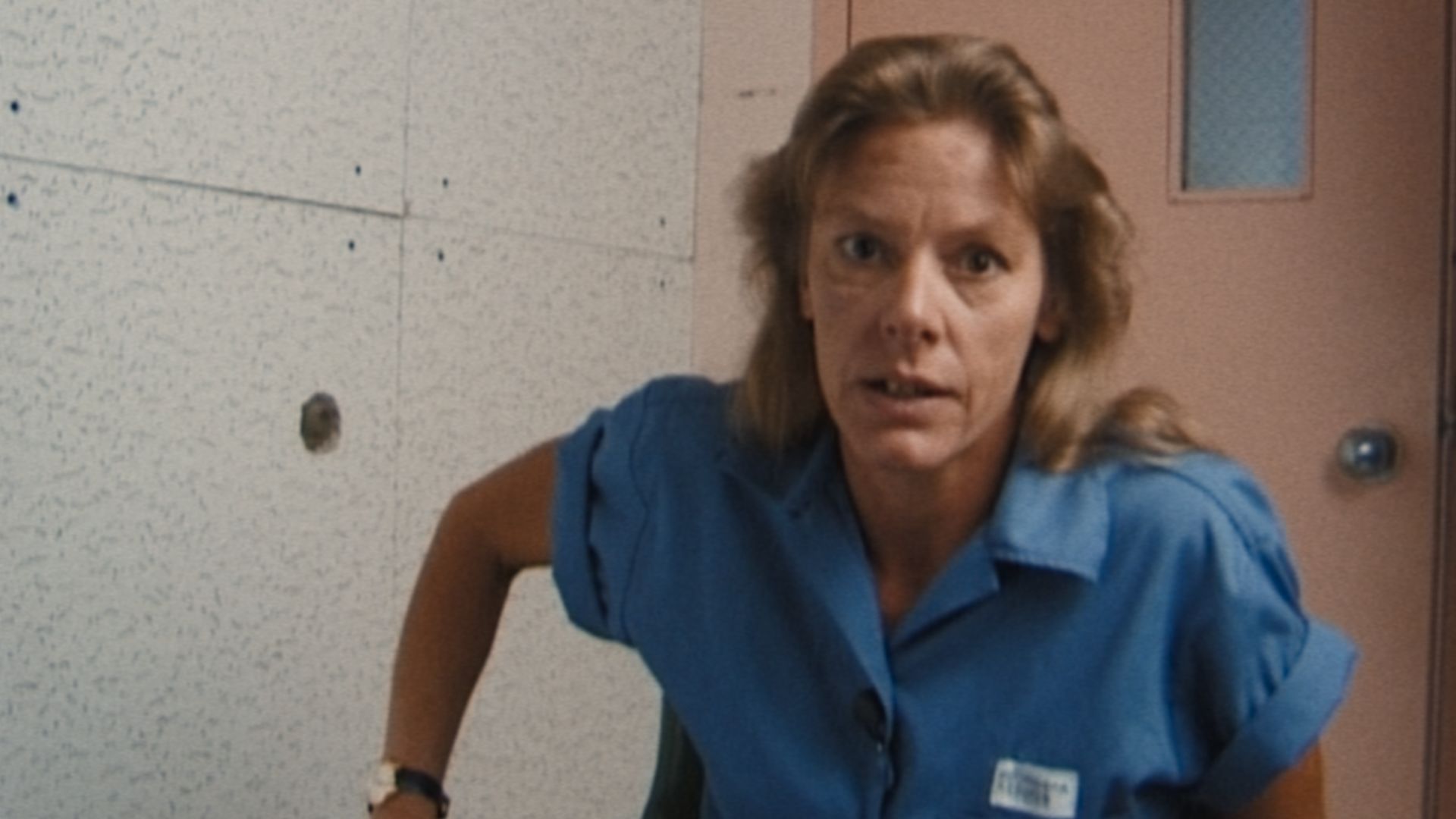
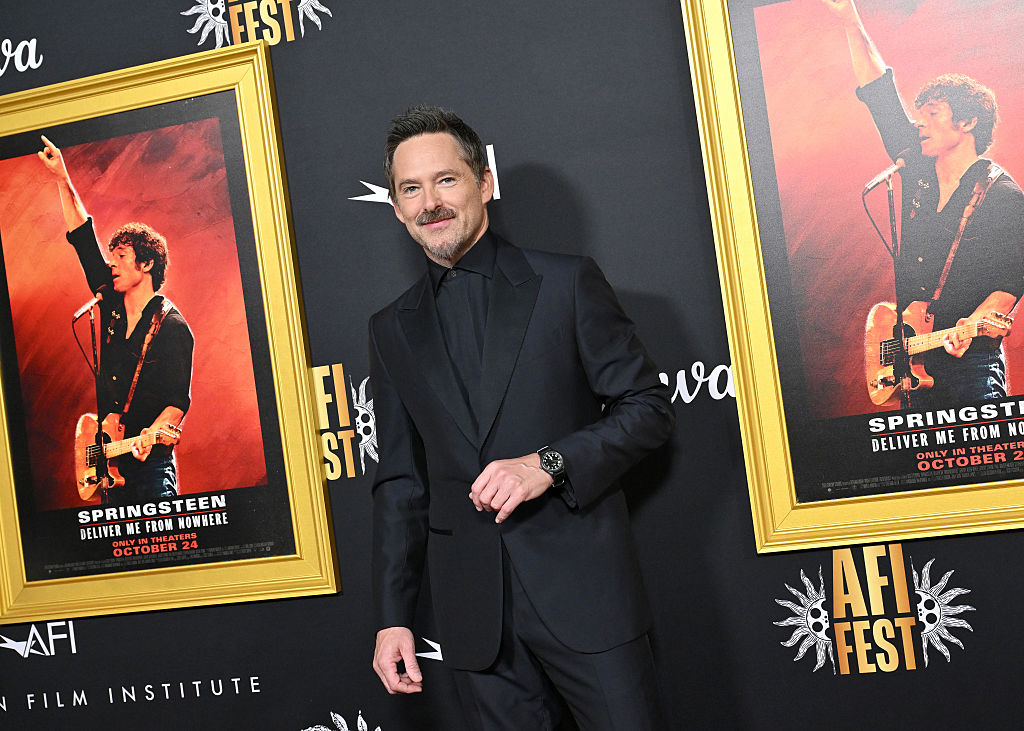
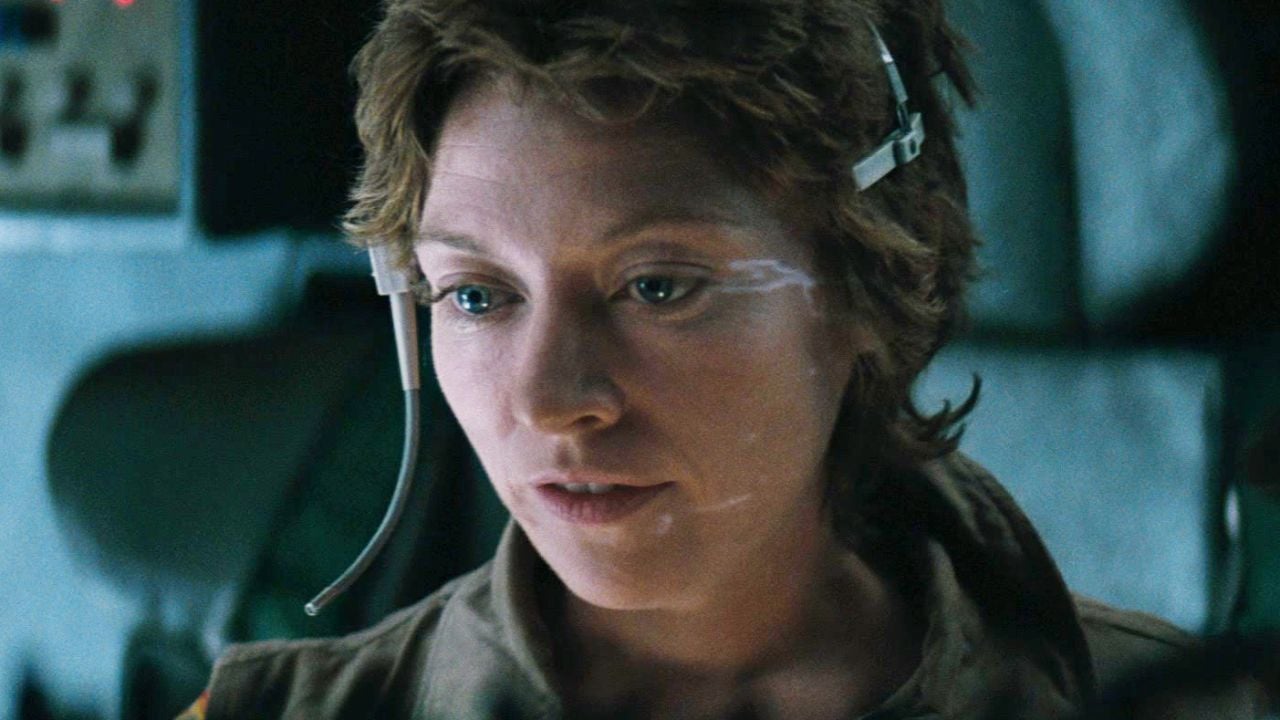

![12 Trashy Horror Movies to Watch on Halloween [2025] 12 Trashy Horror Movies to Watch on Halloween [2025]](https://img.odcdn.com.br/wp-content/uploads/2025/10/padro-od-3-1-scaled.jpg)
